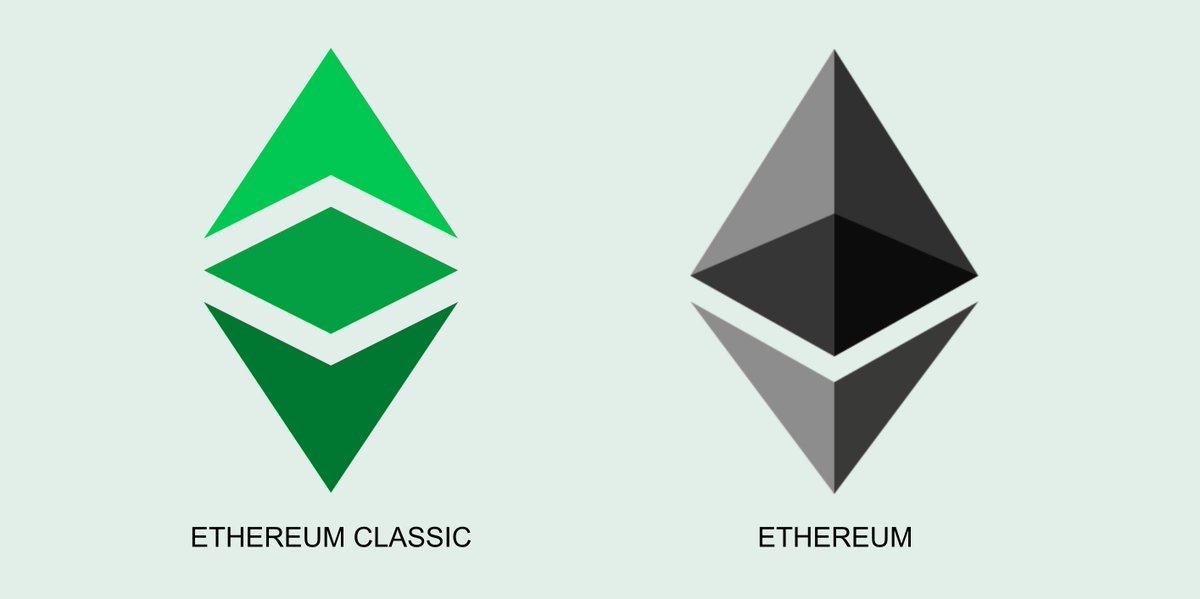Ethereum as we know it today (ETH) is both a literal and philosophical hard fork of the original idea that "code is law.
The now obscure blockchain, Ethereum Classic (ETC), is actually the original Ethereum.
What remains today as Ethereum (ETH) is a culture of centralized control, forced software upgrades, and a corruptible security architecture through proof of stake.
The DAO attack was the first major test of Ethereum's decentralization, and it failed.
The DAO Hack and Response:
In 2016, the first major smart contract project on Ethereum, the DAO (Decentralized Autonomous Organization) was compromised. An attacker was able to siphon off a third of the DAO's deposits (about $50 million).
This was bad for the victims, and even worse for the reputation of the nascent Ethereum project.
In response, the Ethereum Foundation created a hard-forked version of Ethereum that reversed the attacker’s exploitation and returned the funds to depositors. This is the Ethereum we know today as ETH.
When the Ethereum Foundation created the hard fork to ETH, it:
(1) revealed that Ethereum was never decentralized to begin with, since a small group could push through a hard fork to modify transaction history
(2) alienated users who were unwilling to compromise on the basic principles of a truly decentralized protocol
(3) cemented a culture of centralized control and forced software upgrades in the new, forked version of Ethereum (ETH)
Show original
2.57K
0
The content on this page is provided by third parties. Unless otherwise stated, OKX is not the author of the cited article(s) and does not claim any copyright in the materials. The content is provided for informational purposes only and does not represent the views of OKX. It is not intended to be an endorsement of any kind and should not be considered investment advice or a solicitation to buy or sell digital assets. To the extent generative AI is utilized to provide summaries or other information, such AI generated content may be inaccurate or inconsistent. Please read the linked article for more details and information. OKX is not responsible for content hosted on third party sites. Digital asset holdings, including stablecoins and NFTs, involve a high degree of risk and can fluctuate greatly. You should carefully consider whether trading or holding digital assets is suitable for you in light of your financial condition.

